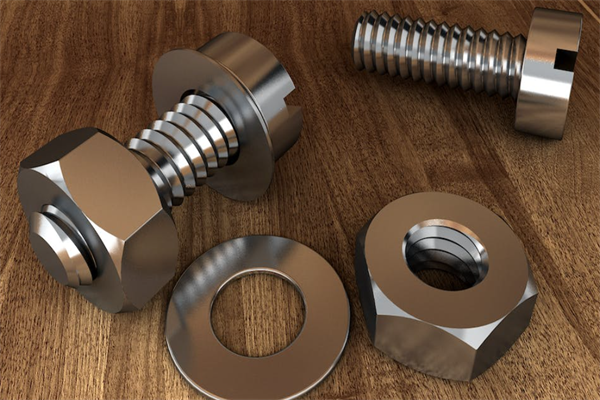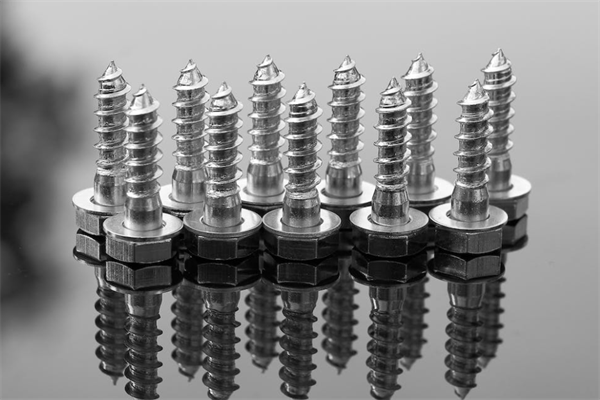High-strength bolts are a kind of standard parts of bolts, which are called high-strength bolts because the load they can bear is stronger than ordinary bolts. High-strength bolts are made of high-strength steel bolts, usually used in bridges, railroads, wind power, rails, high-pressure equipment connection, these are large-scale engineering projects or equipment, high-strength bolts in which play a very important role. Generally used for connection, repeated use is strictly prohibited, and can only be put into use after passing the test.

High-strength bolts and their connectors often do the following test items
1, high strength bolt mechanical properties testing:
Tensile test, wedge negative load test, impact test, tensile load test, core hardness test, decarburization test to measure. Testing indicators for tensile strength, non-proportional extension strength, elongation at break, shrinkage at break, impact absorption, tensile load, Vickers hardness, Rockwell hardness, decarburization layer.
2, nut mechanical properties test:
Guaranteed load, Rockwell hardness, Vickers hardness, washer hardness.
3, high-strength bolts connecting vice:
Torque coefficient, bolt and nut threads, bolt thread ends, surface defects, size and shape tolerance, surface treatment conditions.
4、Bolts, nuts, washers performance level assessment and material composition analysis:
Detection of carbon, manganese, silicon, phosphorus, sulfur, vanadium, boron, copper and other elements.

Inspection Scope:
Torsion-shear high-strength bolts, hexagonal-head high-strength bolts, wind power high-strength bolts, steel structure high-strength bolts, bridge high-strength bolts, friction-type high-strength bolts, high-strength ground bolts.
Testing items:
Tensile strength, guaranteed load, torque coefficient, elongation at break, shrinkage at break, impact absorption work, tensile load, Vickers hardness, Rockwell hardness, decarburization layer, etc.